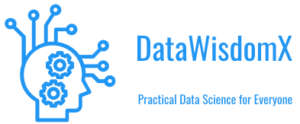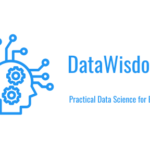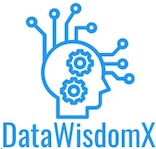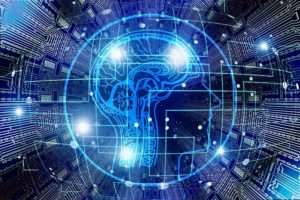I am sharing this article to show some possible uses for AI/Deep Learning in healthcare industry. Healthcare industry has traditionally been slow at adopting new technologies by nature of its direct impact on people’s lives. So, they are very conservative, require extremely high accuracy and large validation samples. It is also highly regulated due to the same reasons.
However, over the last decade, healthcare practitioners are opening up to using advanced technologies that reduces/simplifies their non-medical activities and provides them with useful information. Similarly, suppliers too are willing to use advanced technologies that provide them with more data and analytics for research and development of drugs and devices. They are moving to the next stage beyond appointments, manual EHR entry and data collection.
This is where AI/Deep Learning are starting to make an impact, though it is still at an early stage but growing. The number of AI/Deep Learning based startups that are getting funded is increasing rapidly, with about $20 bn raised in 2021 in US alone.
One reason for this is that the technologies required to apply AI/Deep Learning (compute, store) are becoming widespread, cheaper to use and available via the cloud and mobile devices. New algorithms are being designed at an intense pace to apply deep learning techniques (neural networks, computer vision, natural language processing, voice recognition, etc). Startups are taking advantage of these technologies and algorithms to solve some long outstanding problems in the healthcare industry.
Another reason is that due to the impact of COVID over the last 2 years, more and more people and practitioners are becoming comfortable with using virtual interaction. With the help of mobile devices, video conferencing, data sharing, online delivery of medicines, etc people are getting the care they need at home instead of having to go to high infection risk areas like hospitals/clinics. Practitioners are becoming comfortable with performing basic diagnosis virtually. Online pharmacies are delivering medicines directly to patients. Startups are building tools to use NLP and voice recognition to translate interactions directly into data for EHR’s, solving one of the biggest challenges in healthcare. Image recognition systems using computer vision are getting better at detecting possible disease existence from image scans.
In the article the author gives 12 applications for AI in healthcare industry. It is brief but gives a very good overview of possible applications. The main applications are given below.
1. Unifying mind and machine through brain-computer interfaces
2. Developing the next generation of radiology tools
3. Expanding access to care in underserved or developing regions
4. Reducing the burdens of electronic health record use
5. Containing the risks of antibiotic resistance
6. Creating more precise analytics for pathology images
7. Bringing intelligence to medical devices and machines
8. Advancing the use of immunotherapy for cancer treatment
9. Turning the electronic health record into a reliable risk predictor
10. Monitoring health through wearables and personal devices
11. Making smartphone selfies into powerful diagnostic tools
12. Revolutionizing clinical decision making with artificial intelligence at the bedside
They cover both data and device replated applications. Some a lot of us are already aware of like using activity trackers and sharing images/test results between Dr/patients. More advanced devices are being built to gather data for specific diseases which can be transmitted via mobile to cloud based systems for real time analytics. Along with that AI can be used to provide healthcare services in areas where there is lack of healthcare infrastructure and practitioners.
However, there are two main areas of concern that still remain – accuracy/consistency and data protection to build trust between patients and providers. This is still a huge issue and one of the reasons for high regulation and where most startups struggle. But it can be addressed by working with all participants. The end goal would be to try and provide as much healthcare as possible virtually, in real time and minimizing physical interaction. It will require seamless interaction between devices, software, analytics via the cloud and mobile between patients and practitioners across different systems, tools and regulations. Not easy but can be achieved in progressive iterations over time with the rapid advancement in AI/Deep Learning models and supporting technologies.
Link and entire article are given below
https://healthitanalytics.com/news/top-12-ways-artificial-intelligence-will-impact-healthcare
















